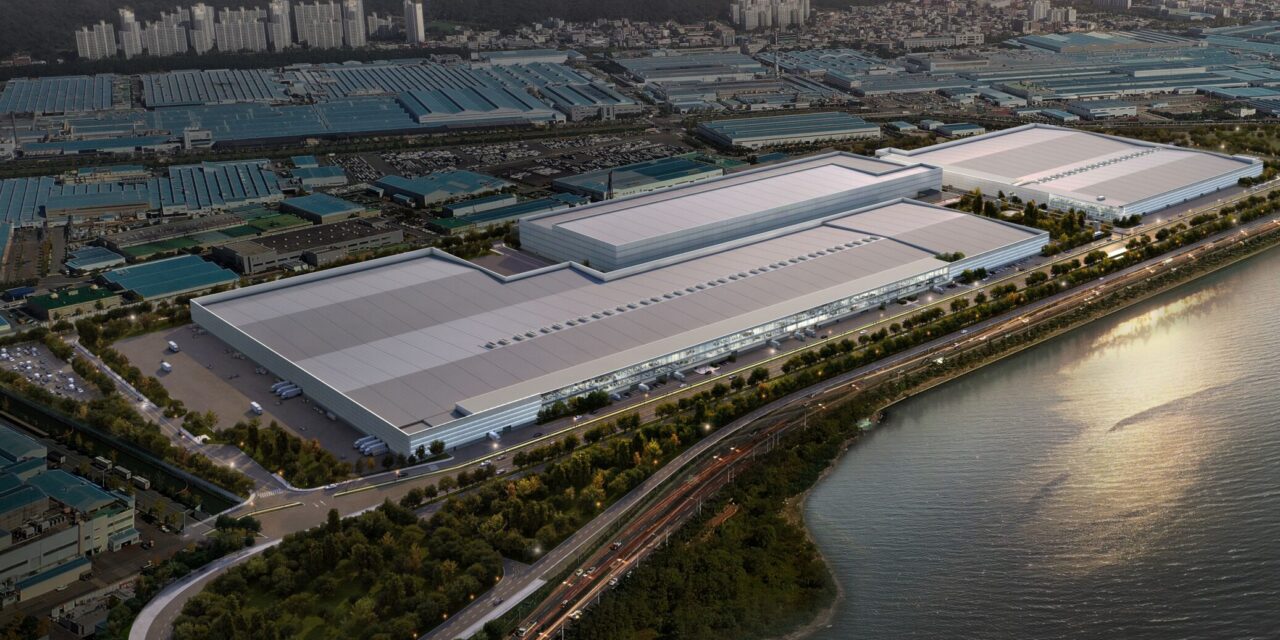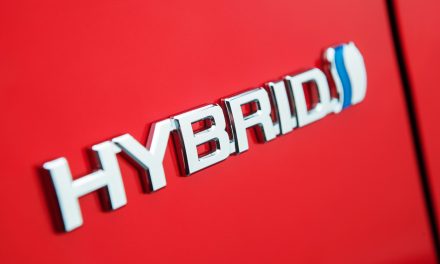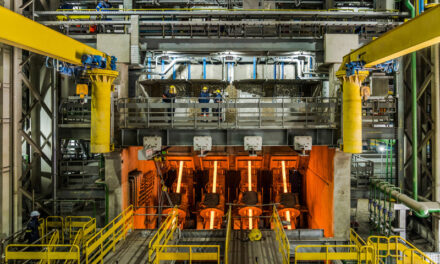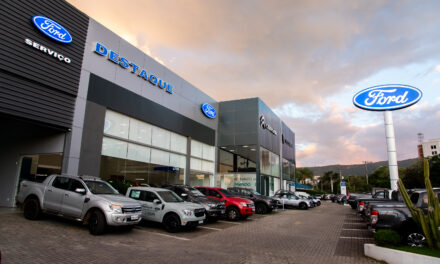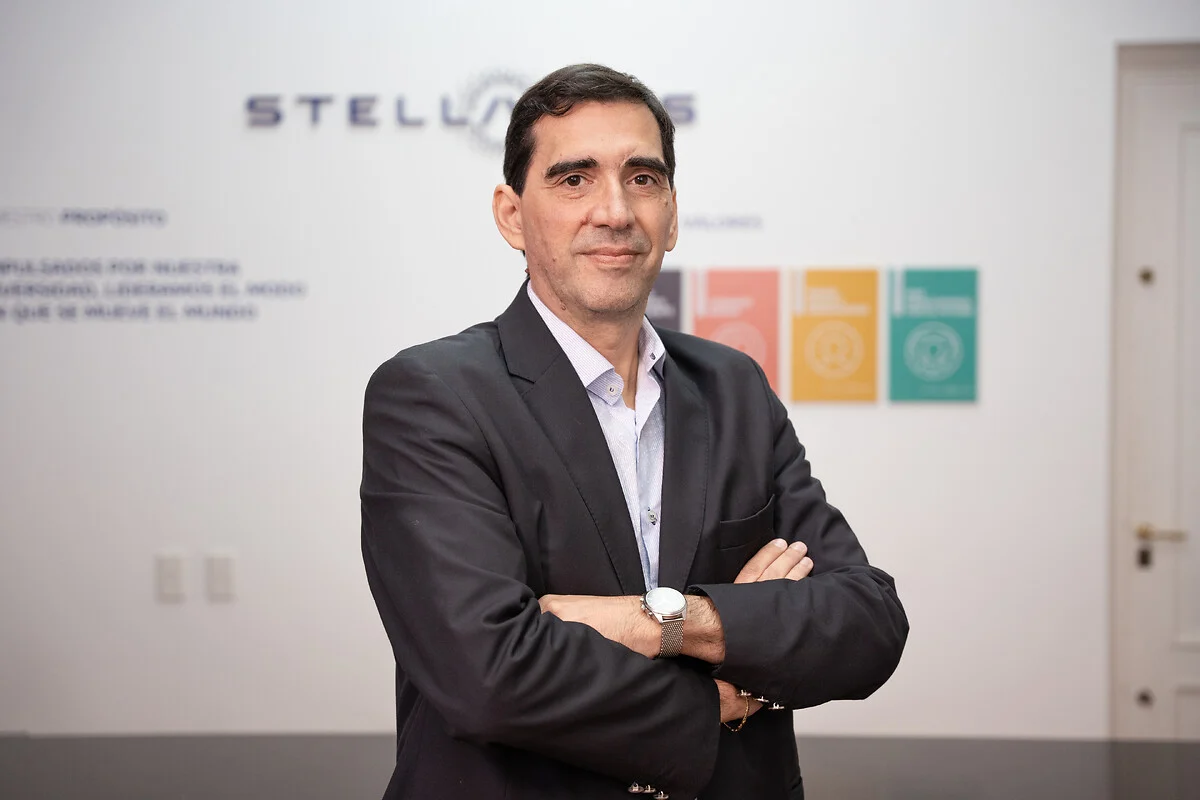By Redação AutoIndústria 11/14/23 | Translated by Jorge Meditsch
The gigantic 50-year-old Ulsan industrial complex in South Korea will be even more relevant for Hyundai’s future. The manufacturer announced the construction of one more plant at the local, fully dedicated to electric vehicles, which shall cost US$ 1.53 billion.
With a private port, Ulsan is the birthplace of the Korean automotive industry and the world’s largest automobile plant. Thousands of vehicles produced there are shipped daily for all world markets.
This should also happen with Hyundai’s future electric cars. The plant will be “Hyundai Motor’s mobility production hub in the electrification age”, said Jaehoon Chang, Hyundai Motor Company’s president and CEO, on Monday, 11/13.
The electric vehicle plant will be Hyundai Motor’s first new plant in Korea in 29 years. It will have 548 thousand square meters and produce initially up to 200 thousand vehicles yearly. The construction will begin this year and be concluded in 2025.
The production will start in the first quarter of 2026 with an SUV from Genesis, the group’s luxury brand. It will use the innovative HMGICS production system, including demand-oriented smart control systems based on AI, ecological and low-carbon manufacturing methods, 100% renewable energy, and human-friendly facilities.
Based on these concepts, Hyundai also intends to create an intelligent and automated parts logistics system and to have a flexible production that diversifies the models produced and reacts to the global market’s changes.
Ulsan was inaugurated in 1968, initially as an assembly plant. Mass production of Hyundai’s first exclusive model, the Pony, began only in 1975, enabling the local production of automotive parts.

